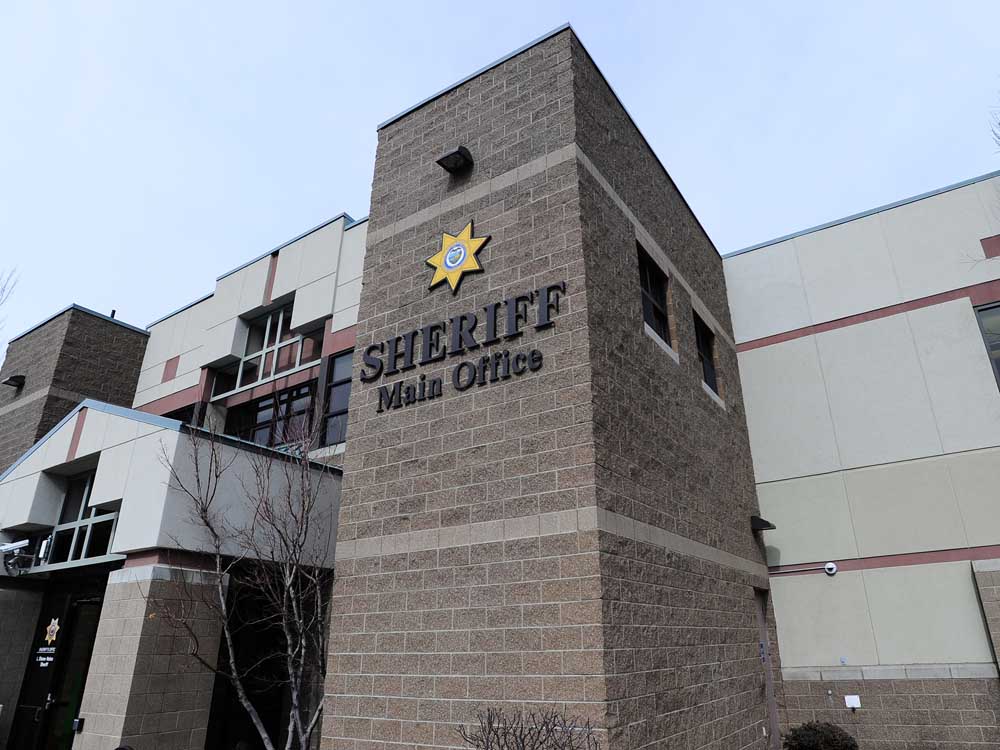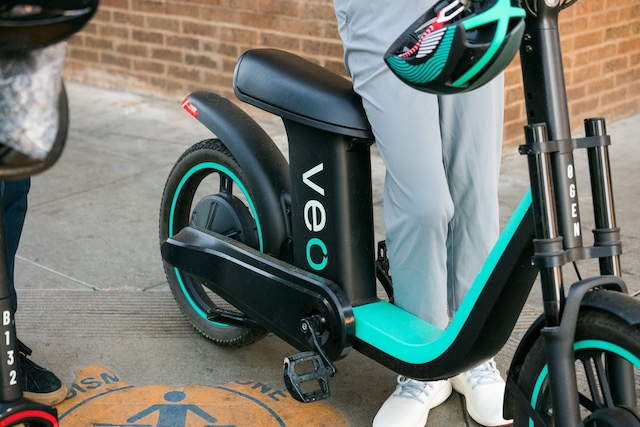Companies: Limits to legal immigration harm hiring
Published 12:00 am Monday, September 3, 2018

- Rob Hurst, manager of Edgartown Commons on Martha’s Vineyard, was unable to get visas for five Jamaican workers who had long worked at the hotel in Edgartown, Massachusetts.(Elizabeth Cecil/The New York Times)
The Trump administration is using the country’s vast and nearly opaque immigration bureaucracy to constrict the flow of foreign workers into the United States by throwing up new roadblocks to limit legal arrivals.
The government is denying more work visas, asking applicants to provide additional information and delaying approvals more frequently than just a year earlier. Hospitals, hotels, technology companies and other businesses say they are now struggling to fill jobs with the foreign workers they need.
Trending
With foreign hires missing, the employees who remain are being forced to pick up the slack. Seasonal industries like hotels and landscaping are having to turn down customers or provide fewer services. Corporate executives worry about the long-term effect of losing talented engineers and programmers to countries like Canada that are laying out the welcome mat for skilled foreigners.
At Northwell Health’s pathology lab on Long Island, a new doctor’s cubicle stands empty, her computer and microscope untouched. Other residents started July 1, but she is stuck in India’s Punjab state, held up by unexplained delays in her visa.
“There have been delays in processing that we have not felt before,” said Dr. Andrew Yacht, chief academic officer at Northwell, which includes Lenox Hill Hospital in Manhattan and North Shore University Hospital in Manhasset, New York.
In April 2017, President Donald Trump signed a “Buy American and Hire American” executive order, directing government officials to “rigorously enforce” immigration laws. The order did not get the kind of attention that followed the administration’s decision to separate families at the Mexican border this summer.
A few months later, the president endorsed legislation that would cut legal immigration by half. The bill was introduced by two Republican senators, Tom Cotton of Arkansas and David Perdue of Georgia. But Republican leaders in Congress have not advanced it.
Some lawmakers say Trump is using administrative means to reshape immigration policy because those changes have stalled on Capitol Hill.
Trending
“If they want to have a proposal on immigration, they should send it to Congress,” said Rep. Ro Khanna, a Democrat whose district includes parts of Silicon Valley. “The administration should engage in that conversation. To unilaterally and without any accountability change what Congress has authorized is not democratic.”
Gaps in the job market
In practice, businesses say the increased red tape has made it harder to secure employment-based visas. That has added to the difficulty of finding qualified workers with the unemployment rate falling to 3.9 percent.
A recent analysis of government data by the National Foundation for American Policy, a nonpartisan research group, found that the denial rate for H-1B visa petitions for skilled foreign workers had increased 41 percent in the last three months of the 2017 fiscal year, compared with the third quarter. Government requests for additional information for applications doubled in the fourth quarter, a few months after Trump issued his order.
Experts say a sustained reduction in immigration could dampen growth over time as more baby boomers retire, leaving big gaps in the job market.
That goes for high-skilled immigrants and low-skilled workers, said Francine Blau, an economist at Cornell. The latter will be vital in fields like elder care and child care, as well as construction and cleaning.
“A lot of our labor-force growth comes from immigrants and their children,” Blau said. “Without them, we’d suffer the problems associated with countries with an aging population, like Japan.”
The Business Roundtable, a group of corporate leaders, recently challenged the Trump administration over changes that it says threaten the livelihoods of thousands of skilled foreign workers, and economic growth and competitiveness.
In a statement, U.S. Citizenship and Immigration Services said the administration was “relentlessly pursuing necessary immigration reforms that move toward a merit-based system.” It added that all petitions and applications were handled “fairly, efficiently, and effectively on a case-by-case basis.”
The H-1B program, which was created to bring in foreigners with skills that business leaders argued would strengthen the economy, has long been a target for some politicians. The visa program has been criticized because corporations have exploited it to replace U.S. workers.
Still, many economists say H-1B holders are valuable. Immigrants file patents at twice the rate of native-born Americans and start about 25 percent of high-tech companies in the United States.
“There’s absolutely no research that supports the idea that cutting legal immigration is good for the economy,” said Ethan Lewis, a Dartmouth economist.
Hospitals in particular argue that they need foreign doctors who are more willing than native-born Americans to take jobs in less glamorous and lower-paying fields, like internal and family medicine. Of Northwell’s 1,826 resident doctors, 165 came in under H1-B or J-1 student visas.
Nearly one-third of pathology residents come from other countries, according to the National Resident Matching Program. But the number of overseas applicants in all specialties has dropped for two years in a row.
“The administration’s policies are having a chilling effect on the interest of international medical graduates coming to the United States to train,” said Mona Signer, chief executive of the matching program.
The missing Indian pathologist’s workload at Northwell has been spread among 11 residents, lengthening the time they are on call.
“Our nation’s ability to care for patients is dependent on international medical graduates,” Yacht said.
Rob Hurst is not concerned with the macroeconomics of immigration. He is just struggling to keep bathrooms clean.
This summer, he has found himself on his hands and knees scrubbing toilets and tubs at Edgartown Commons, a hotel he manages on Martha’s Vineyard in Massachusetts. Five Jamaican workers who had long worked at the property failed to get H2-B seasonal-work visas.
“I’m 65 years old, but you got to do what you got to do,” he said. “We did hire contract workers, but it’s never going to be as good as people with years of experience.”
Helping some
Trump’s “hire American” push is helping some domestic businesses. One of those is Nexient, which provides software services and competes with firms in India and elsewhere. Fearful of becoming too dependent on offshore firms, corporate customers are increasingly interested in having domestic partners, said Mark Orttung, Nexient’s chief executive.
“You still have to win the business, but it has been an accelerator for us,” he said.
Nexient is based in Newark, California, but its programmers are mainly in Michigan and Indiana. The startup employs more than 500 people, up from 400 last year.
About 10 percent of Nexient’s employees have H-1B visas, typically engineers who have mastered old software systems and other niche technologies in corporate data centers.
Those foreign workers are fielding more government requests for information and waiting longer for visa renewals, Orttung said. “It adds a great deal of uncertainty to the lives of some of our employees.”








